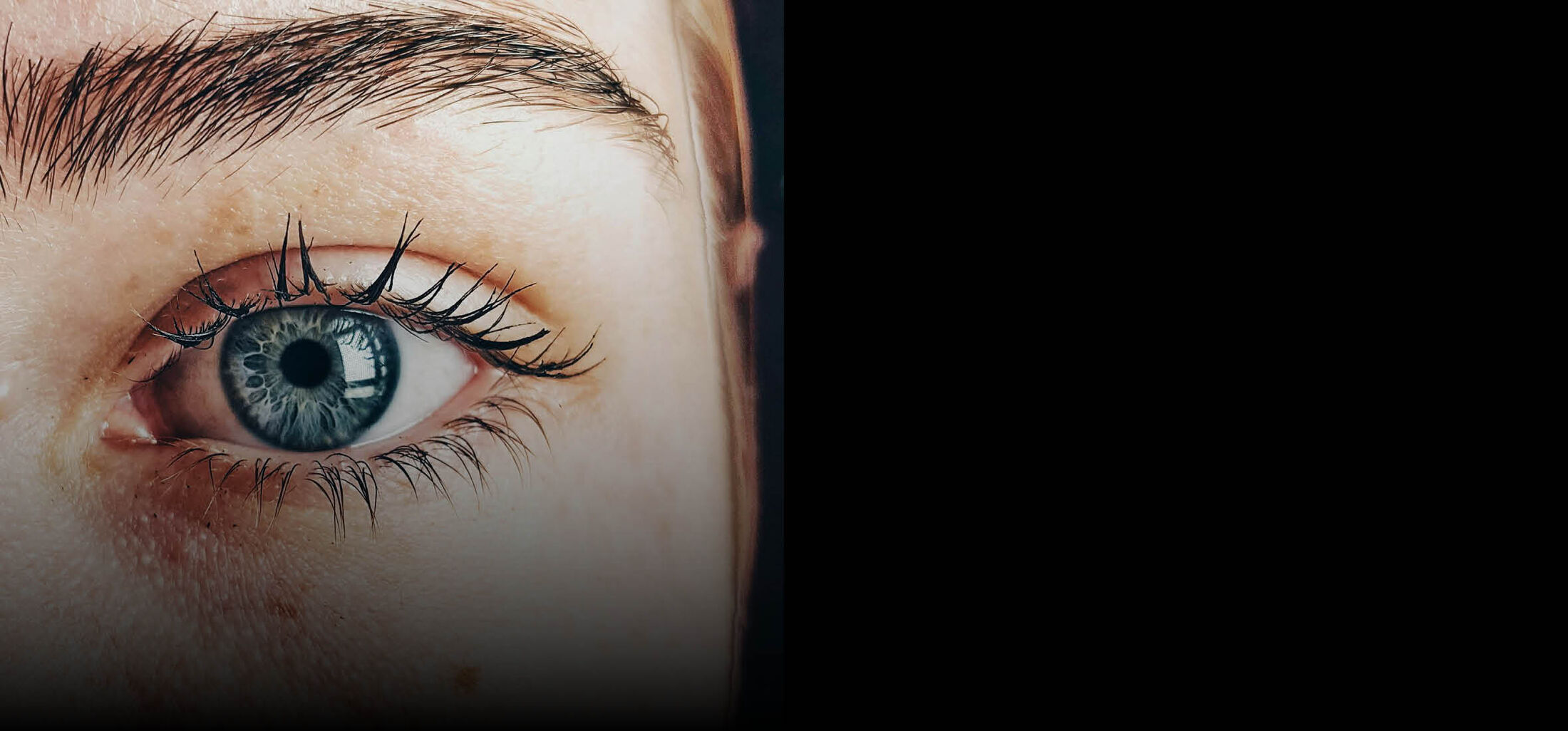Advanced Training
We will broaden the basic knowledge taught in the introductory two-weeks-retreat with compulsory lectures most of which are held at the monthly full day meeting in year one and two.
Topic | Content (Supervisor, Duration) |
Scientific Computing, Statistics, and Data Evaluation II | Exercises in statistical design, programming, feature extraction, algorithm development and machine learning. The course builds on generic training in key statistical and experimental design concepts and will additionally emphasize data visualization and computational skills, including programming in high-level languages such as Python or MATLAB. (Kampa, Merhof; 2 sem hrs) |
Cellular and systems neuroscience | Signaling in the nervous system and principals of neuronal coding. Simple and complex neuronal networks and information processing in such networks. Neuroimplant applications. (Müller, Kampa, Willuweit; 2 sem hrs) |
Cell/material interaction | Composition and design of implant material and its surfaces, application of implant materials to specifically control the biology of the surrounding tissue for repair and regeneration as well as understanding of the mechanisms at the interface between cells or tissues and the artificial material. (Offenhäusser; 10 h) |
Retinal degeneration and ophthalmic diagnostics | Fundamentals of ophthalmic diagnostics, the basics of retinal degenerations and treatment options. Patient examples. (Walter, Johnen; 2 sem hrs) |
Recent advances in intelligent neuroimplants | Technical aspects of implant design and student seminar on current advances in the field.(Ingebrandt, Offenhäusser, Knoch, Seidl; 2 sem hrs) |
Scientific reading and writing | Search platforms and databases for scientific literature, critical assessment of scientific publications and concept development for a scientific manuscript. (Johnen, Willuweit, Merget; 8 h) |
